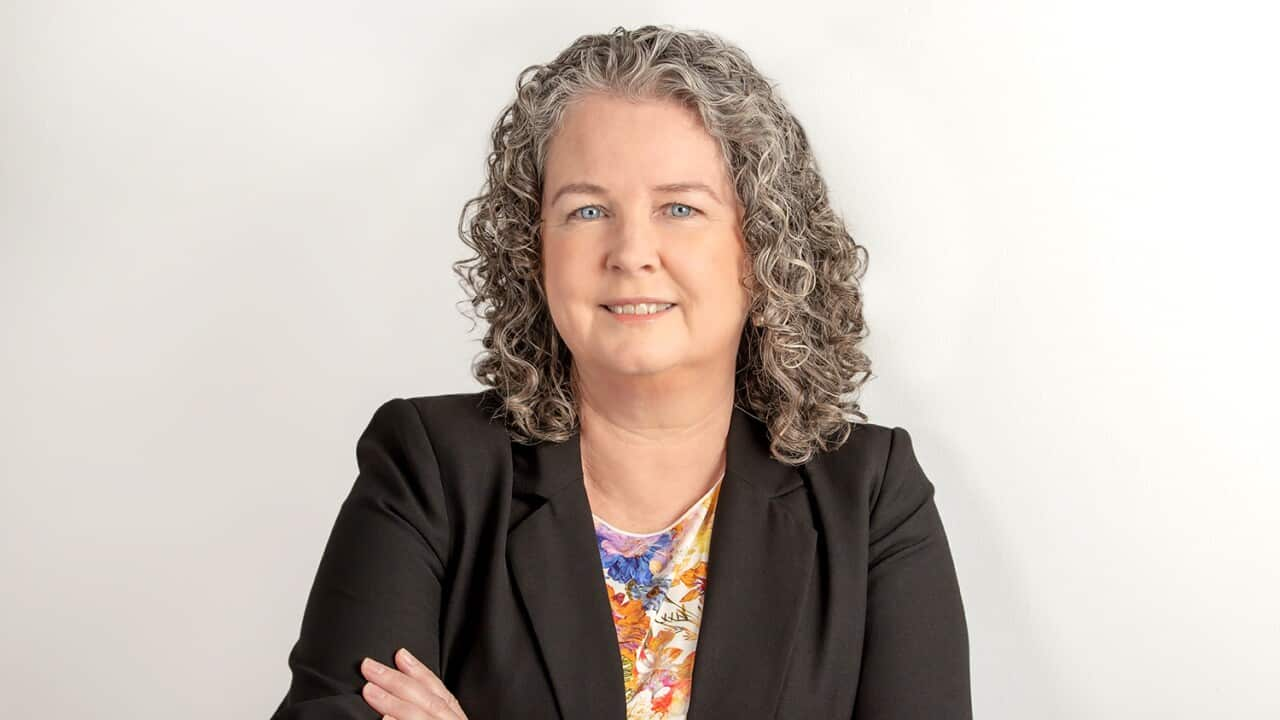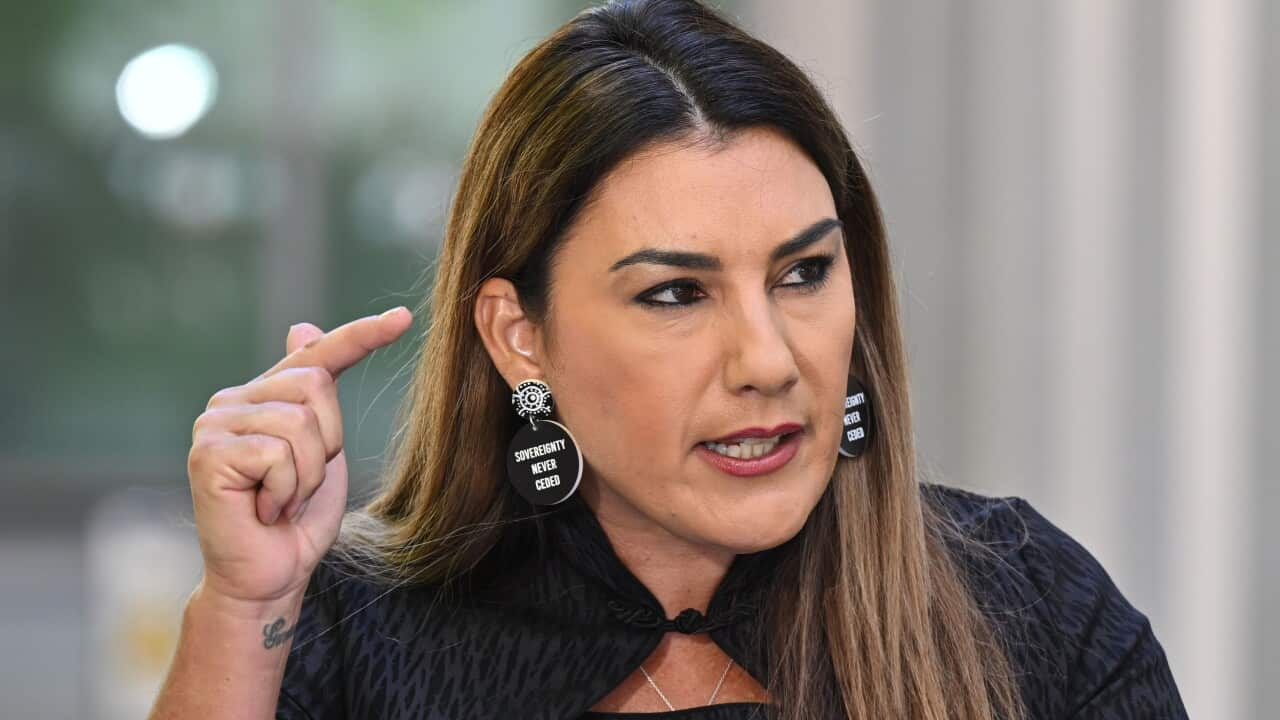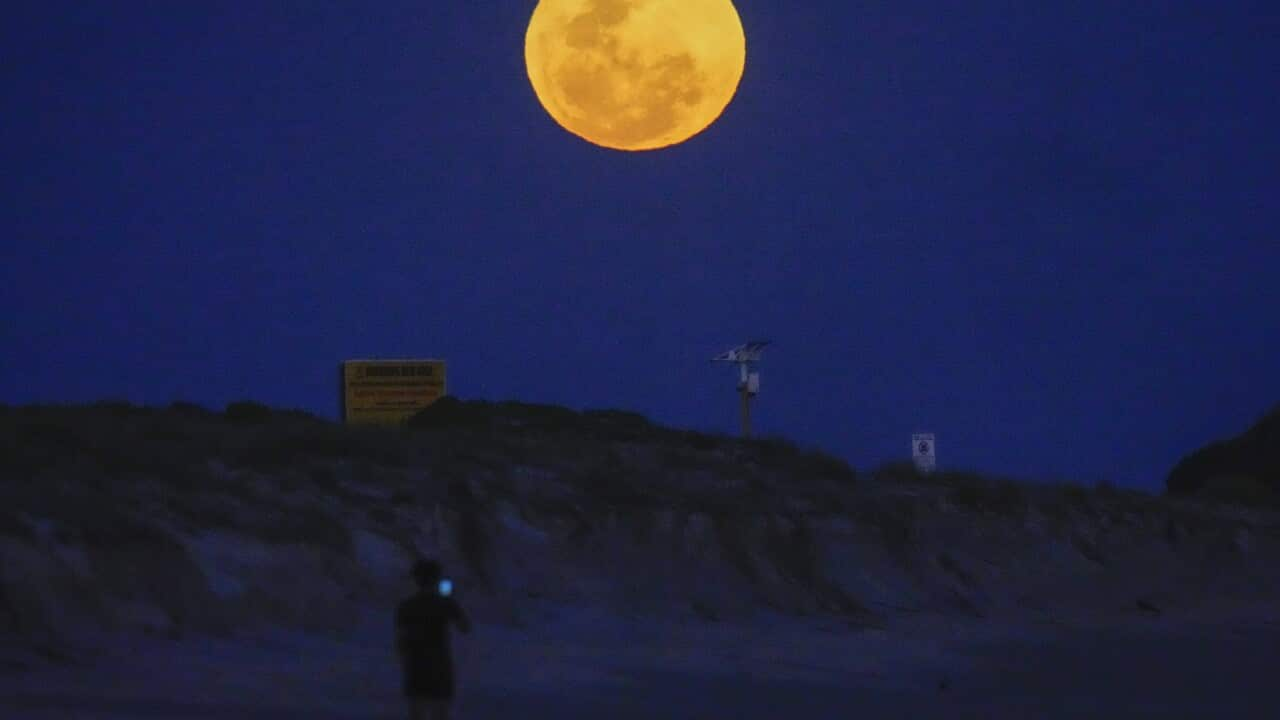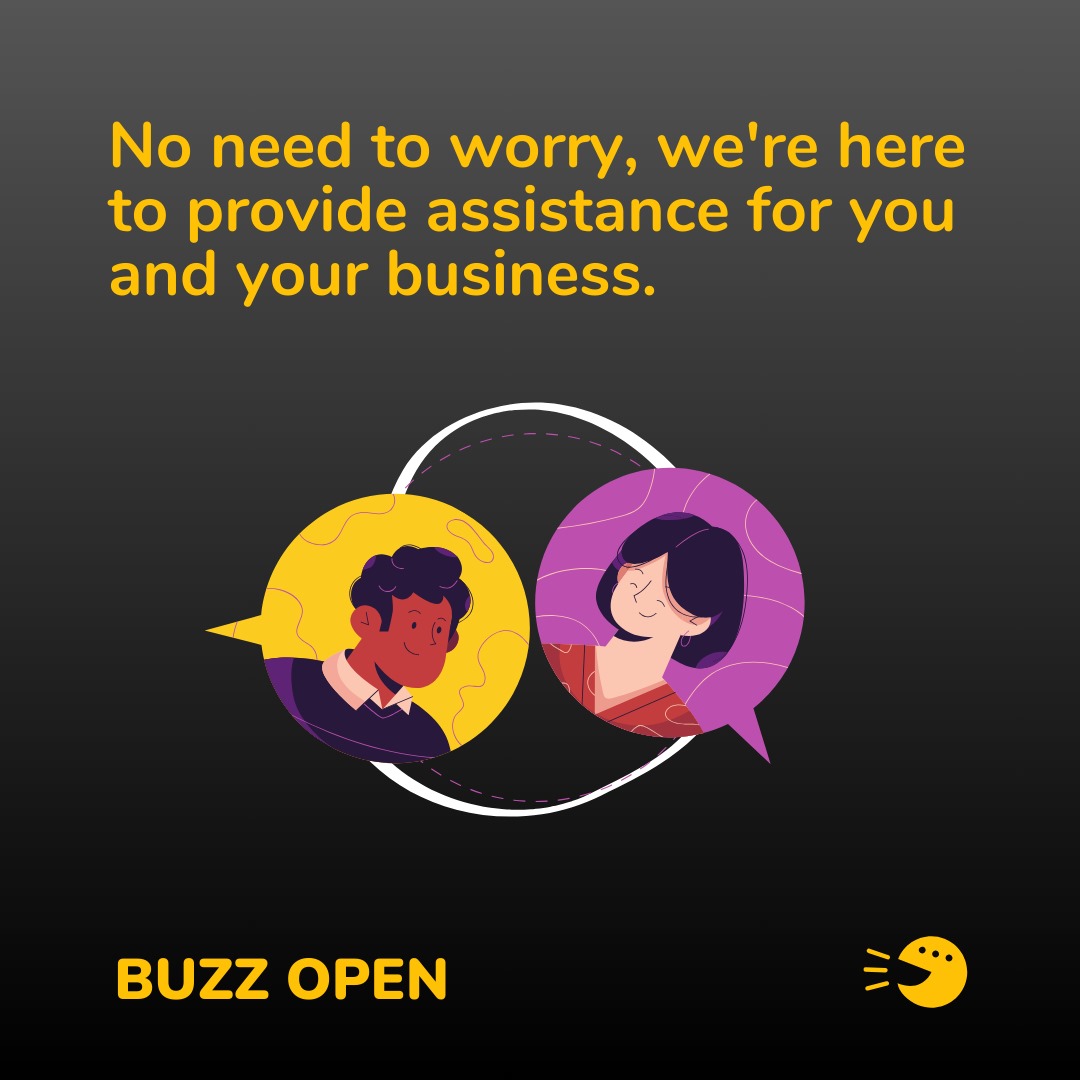Ruth Jarman was born into a fundamentalist Bible-based group, but didn’t question think to its values until she was in her 20s.
“There were lots of rules and restrictions on what we could do, what we should think, what we should wear etc. You had to follow the doctrine. Personal opinions or beliefs weren’t allowed. Disagreement wasn’t allowed,” she told SBS News.
In her mid 20s, she started to question why people were treated in a way that didn’t reflect Christian values. At the age of 30, she left the organisation, which meant leaving her family, friends and support network. She says it took 10 years to process the experience and unravel the damage.
Jarman, now 56, works as a clinical psychologist at Untangle Psychology to assist people who have left cults. She says cults lure people in slowly by promoting themselves as a wellbeing, healing or spiritual group, often withholding their real name.
“You start to believe things and gradually the beliefs become more and more extreme. Before you know it, you’re doing quite unusual things.”
Ruth Jarman was born into a fundamentalist Bible-based group. In her 20s, she started to question its values. Source: Supplied
Jarman’s experience gave her some understanding of how hundreds of people were encouraged to starve themselves to death by Kenyan cult leader and self-proclaimed pastor Paul Nthenge Mackenzie, who was arrested in April 2023 after several bodies were discovered in the remote Shakahola forest that lies near Malindi on Kenya’s Indian Ocean coast.
Rescuers eventually unearthed 448 bodies from mass graves, with most showing signs of starvation and assault.
The event has been described as one of the world’s worst cult-related tragedies.
Mackenzie, who set up his Good News International Church in 2003, is alleged to have incited his followers to starve to death in order to “meet Jesus”.
Self-proclaimed pastor Paul Nthenge Mackenzie set up the Good News International Church in 2003 and is accused of inciting cult followers to starve to death “to meet Jesus”. Source: Getty / SIMON MAINA/AFP
In January he pleaded not guilty in to multiple counts of manslaughter, and on Monday appeared in court in Mombasa along with 93 other suspects, with at least 420 witnesses prepared by the prosecutors.
So, how do people end up in cults and how do they work? How many are there in Australia? And can they be held legally accountable?
How many cults are there in Australia?
There are thousands of cults around the world, according to Cult Information and Family Support Australia, from religious or secular groups to interpersonal development organisations.
Estimates on the number of cults in Australia vary between hundreds to around 3,000.
Counsellor and cult expert Raphael Aron says it’s hard to know the exact number because many go under the radar or operate under multiple names. And while they can vary in nature, they all display the same characteristics.
“The common denominator is the subservience to a leadership and that subservience taking away your sense of control and mastery over your life.”
Cults can vary widely but often share common features such as a leader, the promotion of its belief as the only truth, and the creation of a meaningful sense of belonging. Source: Getty / Valmedia
Aron says his organisation, Cult Consulting Australia, receives around a dozen calls each month from people petrified for loved ones who have joined cults in Australia.
How do cults draw people in?
Jarman says anyone can fall victim to cults.
“Because you’ve been programmed and manipulated and coerced into believing things, it’s not a big step for you. It’s just another little step,” he said.
“A lot of people who join cults are well-educated, intelligent people. It can happen to anyone.”
Aron says most people think they could never be lured into a cult, but .
“We are all vulnerable. Human beings want to belong and it’s those frailties that become the target of those organisations that are often very skilled in being able to rope people in,” he told SBS News.
“The most common comment that we get from people who come to see us is that [they] never thought [they’d] be here.”
We are all vulnerable. Human beings want to belong.
Cult expert Raphael Aron
Aron says those looking for a sense of belonging, a new direction or someone to care for them are more likely to end up in cults.
“This sense of belonging is very strong, alluring and seductive. Once you’ve become love-bombed by the fellowship and enamoured by the leadership, it’s almost inexplicable in terms of the degree to which people are prepared to go,” he said.
“People have literally given away their lives and offered themselves as sacrifices to a level of leadership.
“There is some frailty in the human condition that allows us to drop our guard and somehow submit to something that is so much bigger and often so much more perverse than we could ever imagine.”
Once in, , mainly because they’re scared, Aron adds.
“Often they’re penniless. They might’ve lost their relationships with their families and their careers. They haven’t got anything left to go back to. And they’re fearful that if they leave, something terrible is going to happen to them.”
Can cults be held legally accountable?
Aron says it can be extremely challenging to hold cults and cult leaders to account in the legal system, with most flying under the radar.
“Very, very few” around the world have actually been held accountable, he said.
One example is the members of the Aum Shinrikyo cult in Japan, who were executed or given life sentences after releasing sarin gas on Tokyo’s subway in 1995, killing 14 people and leaving more than 6,000 others sick.
Cult Consulting Australia has had some success shutting down cult-like groups that had harmed members. But Aron says they often emerge again within weeks under another name.
“It’s very difficult because their argument is: ‘You’ve made a choice, you’ve joined and you’ve done what we asked you to do, but at the same time you didn’t have to do it’. The legalities are quite complex.”
But he’s positive more avenues to prosecution will open up in time, in NSW, and will become so in Queensland next year.
“We’re making strides ahead, but there’s a way to go,” Aron said.
“It’s about letting people understand the choice of control.”
With additional reporting by Agence France-Presse.

















